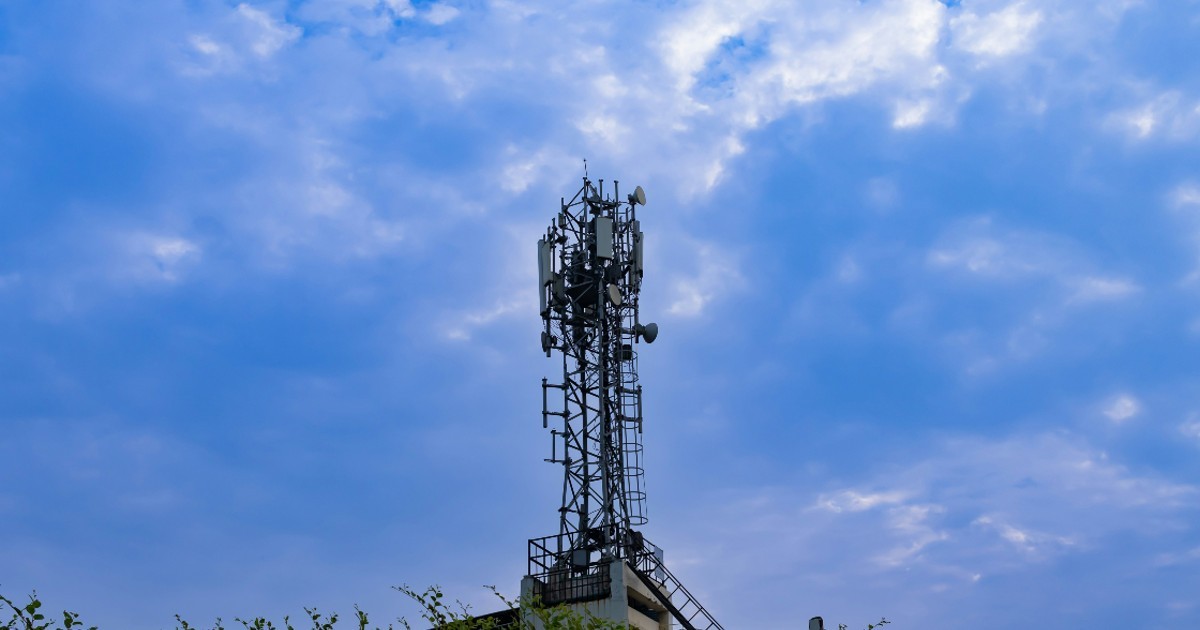5G has not been shown to be harmful

We’ve seen numerous claims about the apparent health risks of 5G technology circulating on social media.
Several posts on Facebook show an image of a warning poster with accompanying text that states “This is a 5G small cell tower. The signals emitted by this tower are damaging to humans, animals and plants.’’ There is also a list of several health effects that might supposedly occur following exposure.
This information is not accurate. Wireless cellphone technology is safe to use within international guidance and there is no good evidence that the health effects listed there occur.
We have written many times about claims on the apparent dangers of 5G, including false claims that 5G ‘accelerates’ viruses. Health misinformation can damage people’s physical or psychological health, particularly if they use it to make decisions, and also affect trust in public safety regulations and institutions.
Honesty in public debate matters
You can help us take action – and get our regular free email
What is 5G?
5G refers to the latest advancement in wireless cellular technology which uses radiowaves that make up part of the electromagnetic spectrum of non-ionising radiation. These waves occur naturally as well as from artificial sources. Other types of technology that use radio waves include smart meters, TV and radio transmitters, and radar and satellite communications.
Stationary base stations have antennas which help to transmit the radiowaves. The strength of the radiowaves decreases with distance which means that the exposure is lessened.
Is 5G harmful?
There are guidelines for exposure which are set by the International Commission on Non-Ionizing Radiation Protection (ICNIRP). The UK Health Security Agency (UKHSA) monitors for evidence of any health effects caused by electromagnetic fields including radiofrequency technology.
The UKHSA states that “the overall exposure is expected to remain low relative to guidelines and, as such, there should be no consequences for public health.” There is no evidence that 5G networks are generally harmful to health.
The effects of radiofrequencies depend on several factors, including the amount and speed with which it is absorbed. The main recognised health effect from acute exposure is related to heat, which the body is able to compensate for up to a certain point. This is not likely to cause negative health effects if the safe threshold for exposure is kept within the recommended guidelines.
It is generally agreed that health effects are unlikely to occur if exposure to radiowaves is within the recommended limits and this is supported by the scientific evidence. The ICNIRP says ‘‘A considerable amount of research has been conducted on the relationship between RF EMFs [radiofrequency electromagnetic fields] and health outcomes such as headaches, concentration difficulty, sleep quality, cognitive function, cardiovascular effects, etc. This research has not shown any such health effects.’’
Additionally, this technology has not been shown to increase the risk of cancer and non-ionising radiation does not damage DNA.


